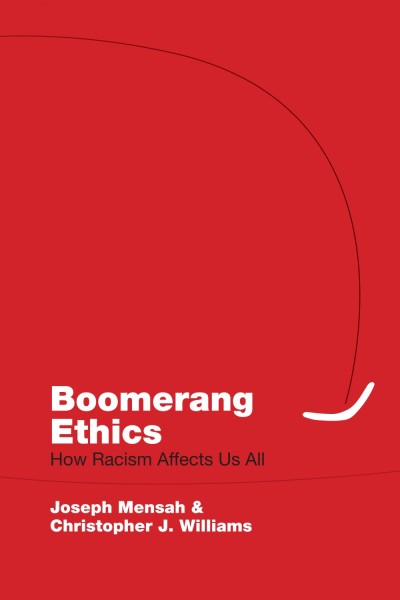
Joseph Mensah
Joseph Mensah is a first-generation African-Canadian intellectual, born and raised in post-colonial Ghana where he did his B.A. in geography with a minor in philosophy at the University of Ghana. He immigrated to Canada in 1987 under a Wilfrid Laurier University Graduate Scholarship for his MA in geography (1987 to 1989), after which he completed his PhD (in 1993), also in geography, at the University of Alberta under another academic scholarship. He taught at various colleges and universities in British Columbia, including SFU, UBC, and Kwantlen Polytechnic University before taking up an Assistant Professorship at York University in 2002. He became a tenured Associate Professor at York in 2005, and a full Professor of Geography in 2010.
Professor Mensah is currently a member of the Senate of York University and the Chair of the Department of Geography. Previously, he was the Deputy Director of the Harriet Tubman Institute for Research on the Global Migrations of African Peoples at York University (2010 to 2013); a Board Member of the Center for Excellence for Research on Immigration and Settlement (CERIS) from 2011 to 2013; the Coordinator of York University’s International Development Studies (IDS) program (2008 to 2010); and the Undergraduate Program Director for the Atkinson School of Social Sciences from 2005 to 2008. Professor Mensah is a founding member of the University of Ghana Pan African Doctoral Academy (PADA). Sponsored by the Carnegie Corporation of New York, PADA runs short-term courses on selected topics for Ph.D. students across Africa. Professor Mensah’s research cuts across a wide range of disciplines, culminating in publications is such diverse and reputable journals as Health Economics, Higher Education, Studies in Political Economy, Housing Studies, Canadian Geographer, and Social Identities. He has written a number of book chapters and books, including the well-received Black Canadians: History, Experience, and Social Conditions, published by Fernwood in 2002 & 2010. Professor Mensah’s current research focuses on globalization and culture; transnational migration; and ethnicity, race, and identity formation. He has received several competitive awards and grants from the likes of SSHRC, the Gates Foundation, the Commonwealth Secretariat, and ILO. He was the recipient of the Council for the Development of Social Science Research in Africa’s (CODESRIA) Inaugural Diaspora Visiting Professor Fellowship at the University of Ghana in 2016. Professor Mensah has been a recipient of the highly competitive York University Faculty Merit Award for a number of years. He has been profiled in Who’s is Who in Black Canada since 2006. Professor Mensah lives in Brampton, Ontario, with his wife, Janet, and their two daughters, Nicole and Cassandra. Professor Mensah is an avid runner and a soccer enthusiast.
Books by Joseph Mensah
Boomerang Ethics
by Joseph Mensah and Christopher J. WilliamsBlack Canadians, Second Edition
by Joseph Mensah



